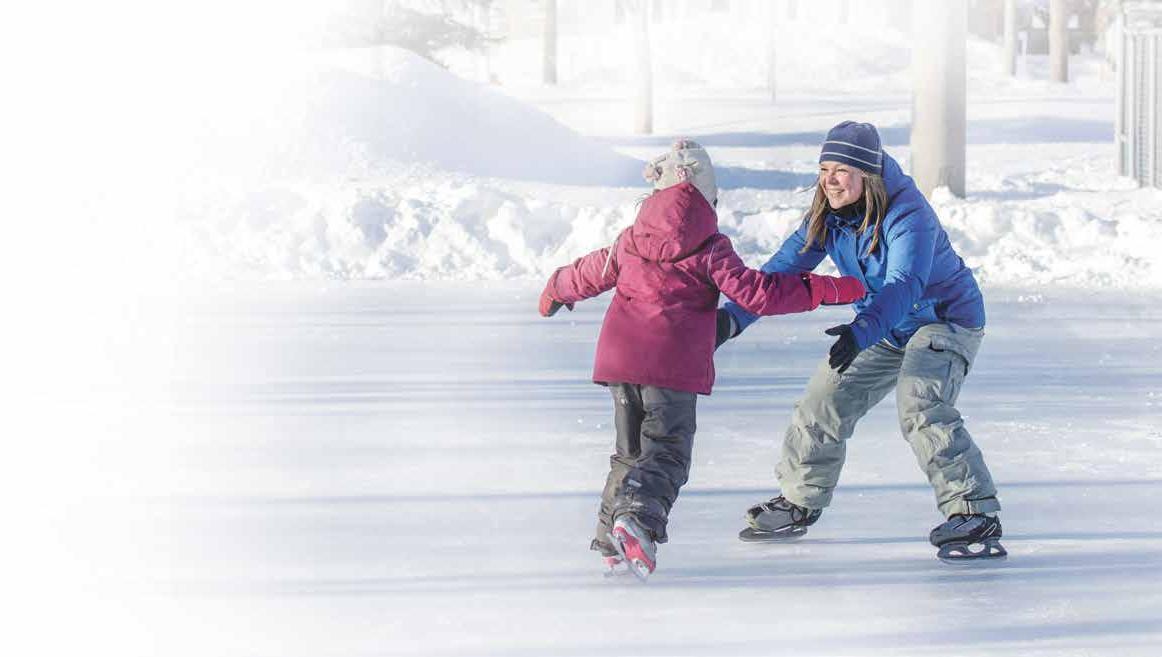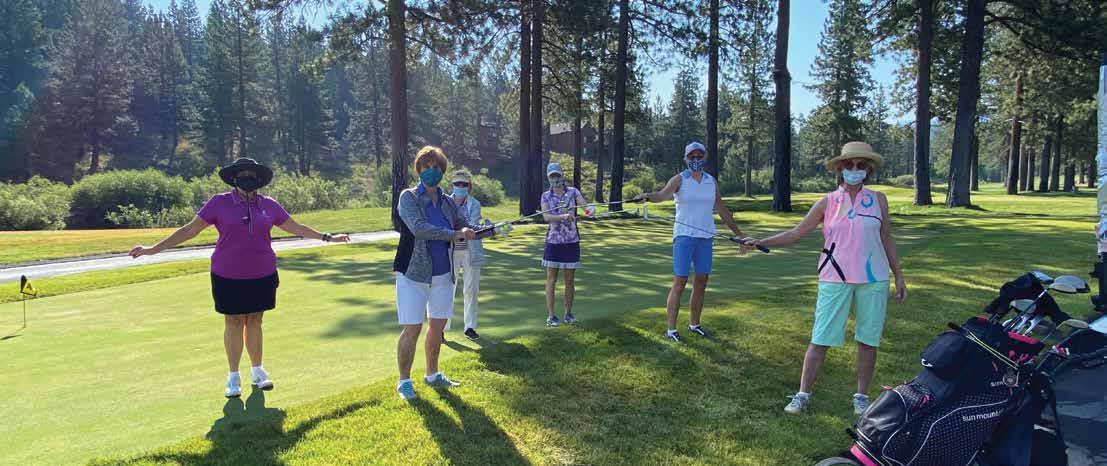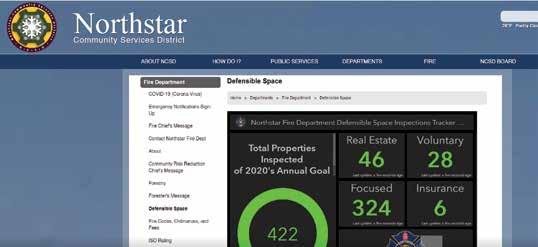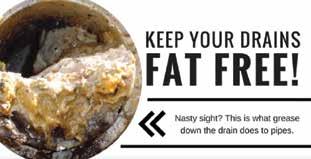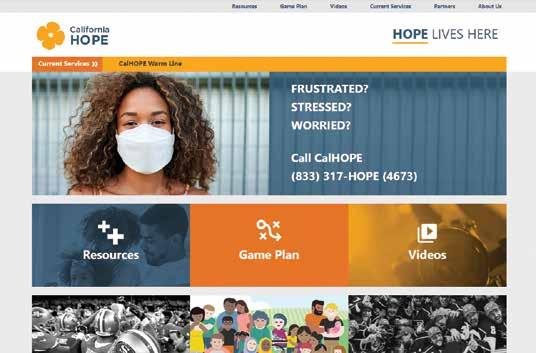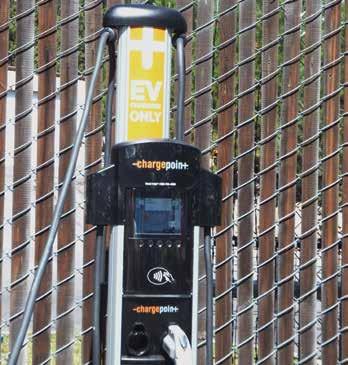npoa
ncsd update Help Notify Us
If you see water and/or sewage bubbling
up from a manhole or pooling in a grassy area, please report it immediately by
calling the Northstar Community Services
Think Before You Flush
District at 530.562.0747.
Flush and Forget: it seems easy to
designed to expand when contacting
or down the drain. However, there can be
District operations team frequently
dispose of almost anything in the toilet costly and unhealthy consequences to
sending the wrong items down the sewer pipe. Many items can clog your toilet
and/or create sewage backups into your home or your neighborhood. They can
also cause significant damage to pipes,
pumps, and other wastewater treatment
equipment. Certain items are worse than
others and should be avoided at all costs.
Fats, Oils & Grease (FOG)
When Fats, Oils, and Grease (FOG) go
down the drain, it builds up in the pipes causing obstructions. Restriction of flow can result in an unwanted discharge of
sewer waste known as a Sanitary Sewer Overflow (SSO).
• Fats, Oils and Grease (FOG) + Food Waste = Obstructed Sewer Pipes
• Obstructed Sewer Pipes = Sanitary Sewer Overflows (SSOs)
• SSOs = Threat to the Health of the Community and Environment
SSOs are trouble for everyone. They
water. The Northstar Community Services unblocks sewer pipes that are clogged
with diapers which is not a pleasant job.
Disinfecting Wipes
Disinfecting wipes, including baby wipes
and “flushable wipes”, should be properly disposed of in the trash, not the toilet. In
truth, there is no such thing as a flushable wipe. These wipes do not break down in
sewer systems and frequently cause clogs
and backups. Disinfecting wipes and baby wipes should never be flushed.
Tampons and Sanitary Napkins
these items have an absorbent nature
which makes them expand quickly. These
products also contain cotton which snags easily on pipe joints or where roots
infiltrate sewer pipes. Within a few flushes
these sanitary products can create serious issues.
with a paper towel.
• Catch food scraps with baskets or
strainers in sink drains. Throw scraps in the garbage.
• Toilet paper is the only sanitary item that should be flushed down the toilet.
• Recycle grease and oil. to washing.
• Do not pour FOG down sinks, floor
drains, or onto a parking lot or street.
• Use a grease trap or interceptor that is designed, installed, and maintained correctly.
• Never put solids into grease traps or interceptors.
• Provide regular training to employees
above, cotton snags easily and can cause issues in the sewer system.
down in water like toilet paper. Flushing
they are made from a material that is
• Before washing, wipe FOG from pans
break down, but they don’t. As mentioned
Disposable diapers should always go in the toilet can create a huge problem as
them in the garbage.
• Check and maintain grease traps
Paper Towels and Napkins
the trash. A single diaper flushed down
(FOG) into a container and dispose of
It might seem like these tiny bathroom
you might think, and they will easily
clog a toilet or an outgoing sewer line.
• Collect cooking fats, oils, and grease
• Dry wipe pots, pans, and dishware prior
sewer systems. Like disposable diapers,
items would just get soggy and eventually
Flushing diapers is more common than
or the toilet.
backups both in the home and public
frequently cause clogs and sewage
pose a threat to downstream waterways
Diapers
• Never pour grease down sinks, drains,
Restaurants and Building Owners
Cotton Balls & Swabs
and ecosystems.
In the Home
Flushing tampons and sanitary napkins
contain harmful bacteria that are
unhealthy for people and pets. They also
Best Practices to Prevent Sanitary Sewer Overflows
Paper towels are not designed to break them can result in blockages and
expensive home plumbing problems.
16 | Northstar Living | News Magazine of the Northstar Property Owners Association
regularly.
on proper disposal of FOG.
• Toilet paper is the only sanitary item that should be flushed down the toilet.


